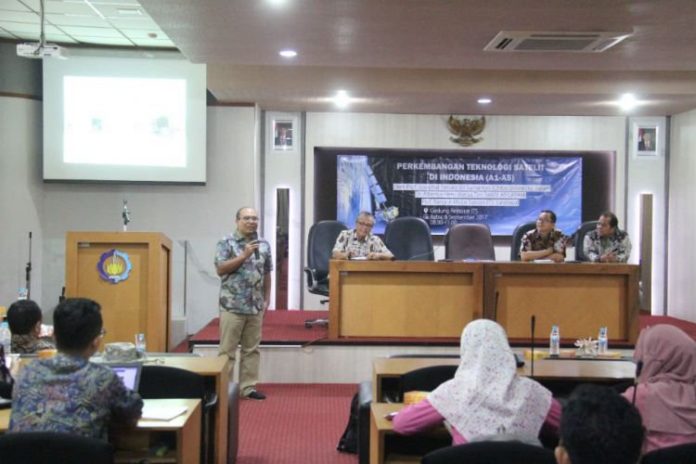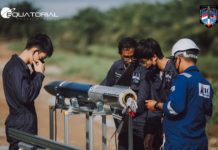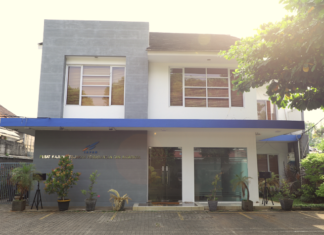As part of a Memorandum of Understanding (MoU) signed in 2013, Indonesia is currently working with Chiba University, Japan, to develop its fifth experimental satellite LAPAN A5, owned by the country’s space agency LAPAN.
LAPAN A5 will be a microsatellite developed jointly by LAPAN, the Sepuluh Nobember Technology Institute (ITS) Surabaya and Chiba University, and will be the world’s first microsatellite to carry a Synthetic Aperture Radar (SAR). It will operate at frequencies in the range of 1-40 GHz, with a wavelength of 1cm-1m.
The SAR will be developed by Chiba University’s Josaphat Microwave Remote Sensing Laboratory (JMRSL) at the Center for Environmental Remote Sensing, managed by Indonesia-born Professor Josaphat T Sri Sumantyo. Meanwhile, LAPAN will build the satellite bus.
Said Prof. Josaphat, “With SAR technology, the satellite will be able to penetrate clouds, fog and haze.”
Also, LAPAN A5 will carry its own light source that will enable it to operate in the dark, and will also be able to map groundwater.
With such capabilities, LAPAN hopes that the satellite will be able to contribute to humanitarian efforts, such as to benefit the fishing and maritime industries, and to track the movements of terrorists.
According to Prof. Josaphat, there is currently a global race to equip microsatellites with SAR, and that LAPAN is trying its best to be the first to launch, in late 2021 or early 2022.
Currently, it is also developing LAPAN A4, a satellite from the same series, which it hopes to launch in 2018. The A-series is part of a plan to eventually produce indigenous satellites, as well as to begin developing a constellation of low-cost microsatellites.







